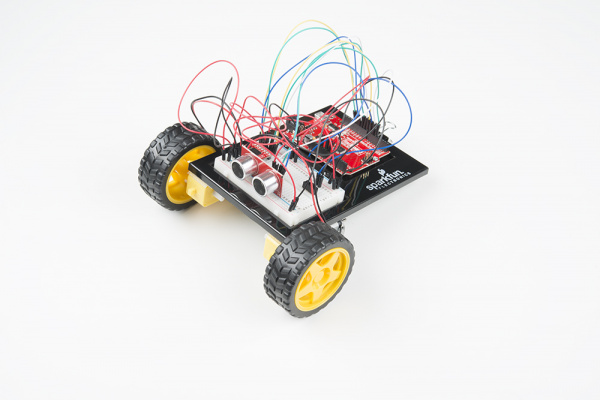Project Description
Our AI-powered wildfire detection system integrates machine learning and satellite technology to enhance early warning capabilities, fire behavior prediction, and emergency response coordination. By combining real-time environmental data with AI-driven insights, we provide communities and emergency services with actionable intelligence to minimize wildfire damage while maximizing response effectiveness.

Satellite Monitoring
Real-time fire detection from space

AI Analysis
Machine learning fire prediction

Response Teams
Coordinated emergency response

Detection Network
Integrated sensor systems
Advanced Detection
Leveraging cutting-edge AI technology to provide real-time wildfire monitoring and early warning systems across Canadian territories.
Live Data Visualization
Interactive maps displaying real-time wildfire detections with detailed geographical information and fire progression tracking.
AI-Powered Detection
Machine learning algorithms analyze satellite imagery and environmental data to detect wildfires with high accuracy and confidence levels.
Early Warning System
Automated alerts and notifications provide early warning capabilities to help protect communities and coordinate emergency response efforts.
Product Features
Machine Learning Wildfire Detection
Using a YOLOv8 model trained on satellite imagery, our system can quickly classify images to identify wildfires.
Autonomous Rover Deployment
A SparkFun RedBoard-powered rover navigates remote areas to assist in evacuation and deliver aid.
Early Risk Detection
Integrated temperature and humidity sensors (HTU21D) detect sudden local spikes in temperature and low humidity, early indicators of potential flames.
Interactive Fire Map
Real-time mapping of detected wildfires for situational awareness.
Environmental Network
Connected sensor network monitoring environmental conditions across Canadian territories for comprehensive wildfire risk assessment.
Alert System
Notifies residents and emergency services of wildfire presence to expedite evacuation and response.
Upcoming Features

Hardware components such as temperature sensors, humidity sensors, and communication modules collect real-time environmental data. Machine learning models then analyze the collected data to detect early wildfire indicators, predict fire behavior patterns, and coordinate emergency response systems. In the future, we plan to upgrade the rover with ultrasonic, temperature, humidity, and smoke sensors. A radio communication feature will allow people without WiFi to receive alerts during wildfires. We also aim to improve the AI wildfire classifier for faster and more accurate detection by incorporating more satellite imagery and advanced training techniques.